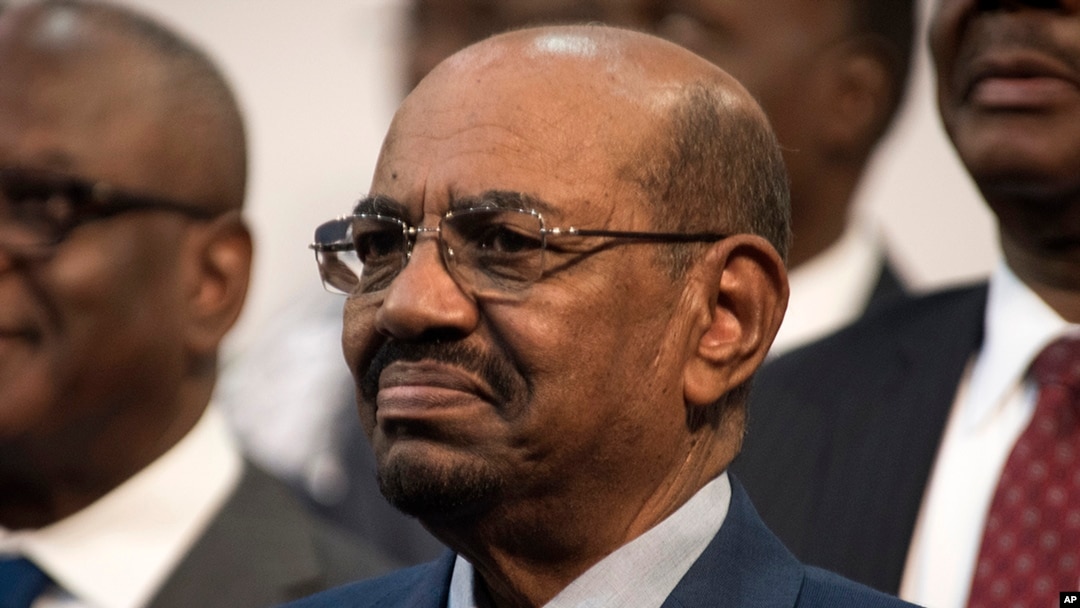Sudan has denied its Rapid Support Forces (RSF) committed mass rape and killings of civilians during two counter-insurgency campaigns in Darfur.
In a report released Wednesday, the U.S.-based rights group Human Rights Watch said the abuses appear to be “widespread and systematic attacks” on civilian populations that may constitute crimes against humanity.
The organization said it interviewed 212 victims and witnesses of the Darfur attacks between May 2014 and June 2015, including 151 who had fled to Chad and South Sudan and 16 who were interviewed inside Darfur.
Sudan’s Information Minister Ahmed Bilal said Human Rights Watch is an untrustworthy organization that is always out to discredit the Khartoum government every time it does something positive, particularly as it tries to stabilize Darfur and bring peace to the region.
“In fact, we consider Human Rights Watch an untrusted organization. We do some progress and they will come out with some allegations just because someone from a rebel radio said that there is mass rape of 200 women. This… I think makes the credibility of Human Rights Watch somehow not credible,” said Bilal.
In February 2015, Human Rights Watch reported that Sudanese army forces raped more than 200 women and girls in an organized attack on the north Darfur town of Tabit in October 2014.
But the UN Mission (UNAMID) concluded that it had not found “any evidence or information” about the reported mass rape.
Report focuses on Golo
In its latest report, “Men With No Mercy: Rapid Support Forces Attacks against Civilians in Darfur, Sudan,” Human Rights Watch said the January 2015 attacks in the town of Golo, in Jebel Marra, were emblematic of the atrocities.
“Many of the women were gang raped, often in front of the community members who were forced to watch. Some of those who resisted were killed,” the group said.
Jonathan Loeb, one of the authors of the recent report, told VOA the information included in the report came predominantly from interviews with eyewitnesses and victims of attacks in Darfur.
“We conducted interviews with over 200 different victims and eyewitnesses. The majority of these interviews were done with individuals who fled the attacks in Darfur to refugee camps either in eastern Chad or in northern South Sudan,” Loeb said.
Talk to the victims in person
But Bilal said interviews conducted by telephone with so-called alleged victims are not credible. He said if Human Rights Watch wants to conduct a fair investigation it must come to Sudan and Khartoum will give access to anyone the rights group might want to interview.
Bilal said Khartoum has every intention to stabilize Darfur and to bring peace to the region. He said he predicted during President Omar al-Bashir’s recent visit to China earlier this month that Human Rights Watch was going to do something to dampen the good news about Bashir’s visit to China.
“The president visited China. So when we are there in China, I told everybody that just wait within one or two days Human Rights Watch will [lead] a campaign against Sudan, and actually this has happened. We think this is actually unfair. It is a politicized campaign against Sudan,” Bilal said.
Bilal said if Human Rights Watch wants to do a fair investigation, it is welcome to come to Sudan and he personally will give the group the chance to go wherever it wants to go and talk to anyone they would want to talk to, but not by telephone.


